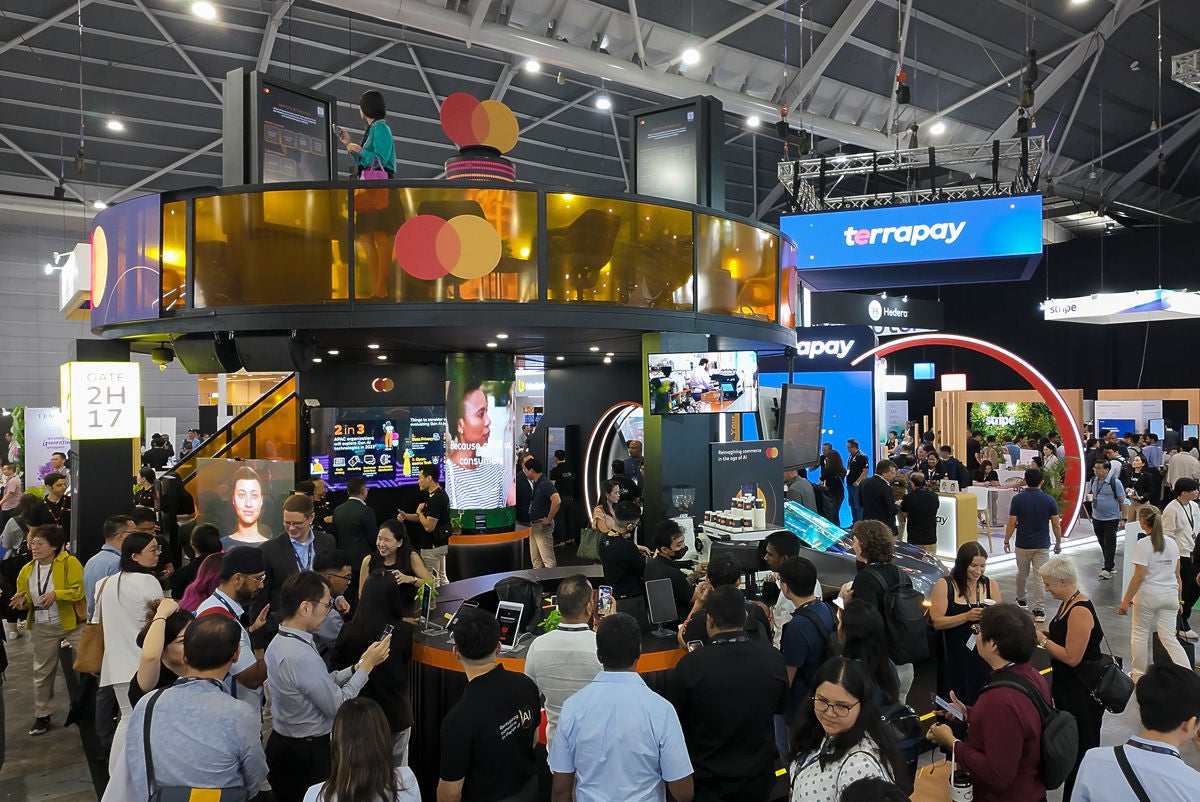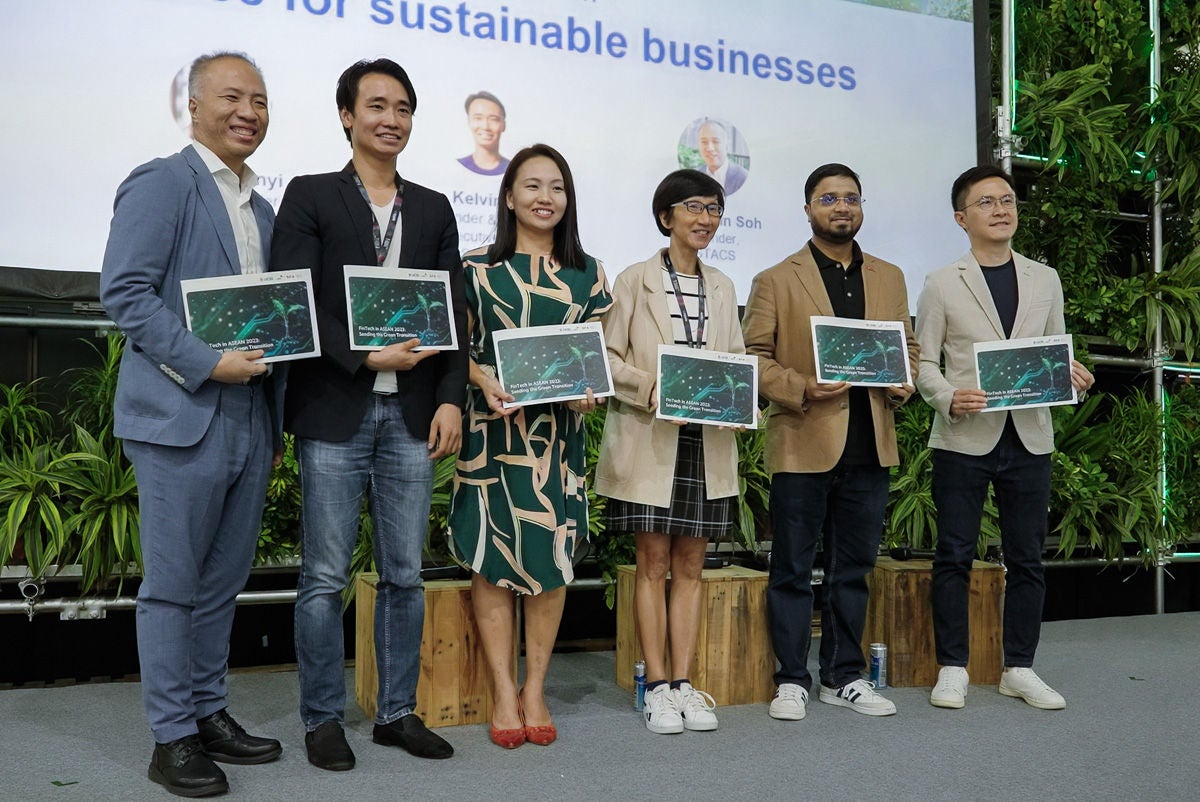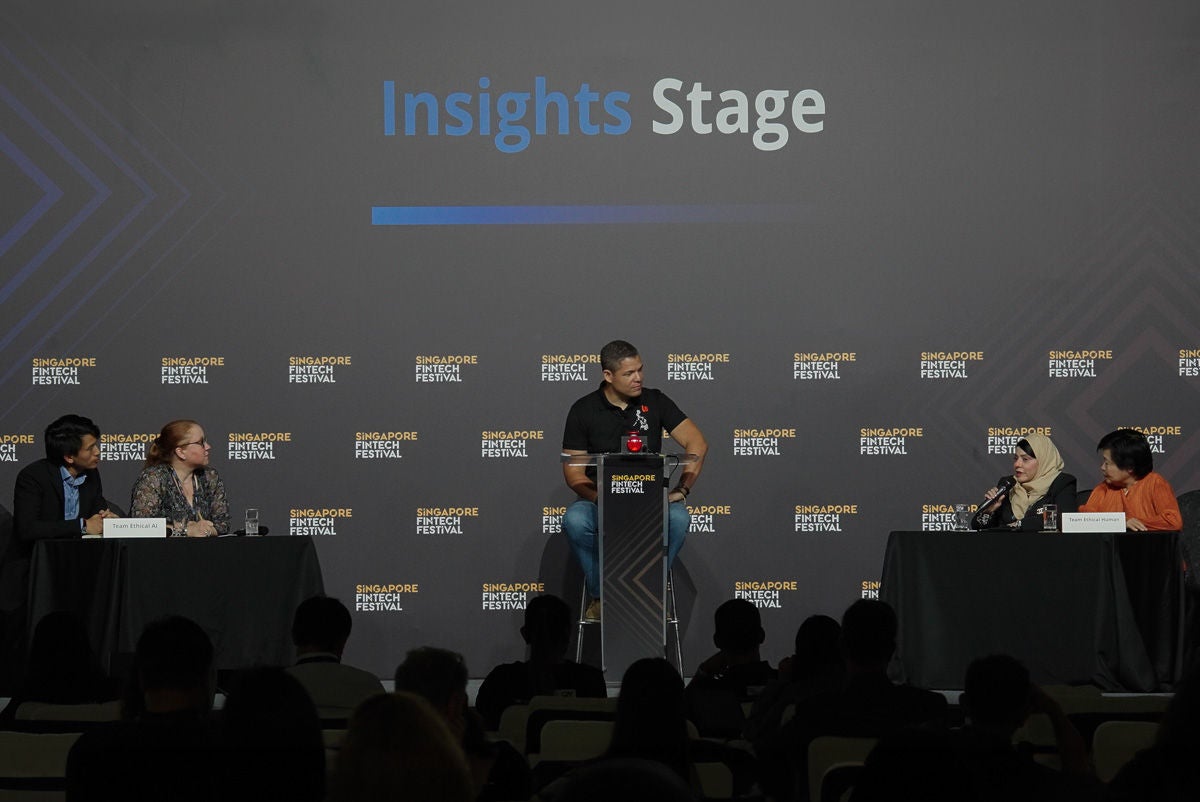Popular Pages:
Exploring the Future of Finance: Reflections on Singapore FinTech Festival 2023
The eight edition of Singapore FinTech Festival drew a record 66,000 participants, close to 700 exhibitors and over 970 speakers from 150 countries.

The global fintech landscape has undergone unprecedented hypergrowth over the past two decades, carving a path through the complex interplay of innovation, regulation, and market dynamics to be at the forefront of the financial industry. Today, fintech stands at a pivotal juncture amidst business instability and worsening macroeconomic factors, facing a funding winter that challenges entrepreneurs to navigate cautious investors and stringent capital flows.
However, against these headwinds, financial institutions possess a unique opportunity to unlock the new paradigm of growth. Fintech innovations such as blockchain for secure transactions, artificial intelligence (AI) and machine learning for personalised experiences, as well as open banking solutions to share data securely, are being leveraged to steer the sector towards sustainable, profitable growth.
Against this backdrop, presidents of nations and global leaders from government and finance joined over 66,000 attendees from more than 150 countries at the eighth edition of the Singapore FinTech Festival. Taking place from 15 – 17 November 2023 at Singapore EXPO, the event brought together stakeholders ranging from investors and startups to global tech giants, regulators, and policymakers, facilitating dialogues on re-architecting the financial system, preparing for future risks in technology and climate, and powering entrepreneurs and the future tech workforce.
SFF 2023, jointly organised by the Monetary Authority of Singapore, Elevandi, and Constellar in collaboration with the Association of Banks in Singapore, unfolded as a pinnacle event. This year’s occasion featured a record-breaking assembly of approximately 700 exhibitors and a record 36 international pavilions. Introducing five new thematic zones – Technology, ESG, Founders, Regulation, and Talent – the event was thoughtfully curated to nurture dialogues and forge partnerships that generate enduring value for industry stakeholders.
The event’s atmosphere was set by Kristalina Georgieva, Managing Director of the International Monetary Fund (IMF), who delivered an impassioned keynote speech on the global payments landscape. "We’re here to take stock of how far we’ve come and set the course for the future, and there's no better place to look into the future than Singapore," she declared.
Illuminating dialogues on the impact of emerging technologies
The core theme of this year's SFF revolved around AI, delving into its multifaceted potential to revolutionise financial services and various other sectors.
During a fireside chat, Singapore’s newly appointed President, Tharman Shanmugaratnam, outlined the societal implications of AI and how we can navigate the challenges it brings. He stressed that while AI will address talent shortages, it will profoundly impact the traditional hierarchy of jobs, shifting the emphasis from IQ (intelligence quotient) to EQ (emotional intelligence).
"We will then have to think hard about the jobs we really value, such as those requiring teamwork, collective imagination, and care," he said. Highlighting the scarcity of tech talent, President Tharman emphasised the necessity of fostering a societal ethos where continuous learning feels accessible to all, extending beyond external structures to embed within our culture.
Another key theme at SFF was the global evolution of Central Bank Digital Currencies (CBDCs). Presently, approximately 130 countries are actively exploring CBDCs, crafting policies to govern the realm of digital currency. During a Global Policymakers’ Dialogue, Mairead McGuiness, European Commissioner for Financial Services, Financial Stability and Capital Markets Union, in conversation with Timothy Adams, President and Chief Executive Officer of the Institute of International Finance (IIF), addressed the adoption and ramifications of CBDCs on financial stability. Europe stands as a vanguard in CBDC development, with McGuiness underscoring the significance of choice and the financial system's role in society.
“The backbone of society is a strong financial system that is integrated and accessible, not just in times of need, but at all times in our life cycle,” Mairead McGuiness concluded.





- SFF 1
- SFF 4
- SFF 3
- SFF 2
- SFF 5
Connecting the world for impactful innovation
The Technology Zone served as a canvas for highlighting the transformative potential of cutting-edge technologies like AI, Web3, and digital public goods. One notable demonstration involved a collaborative effort between Mastercard and NEC Corporation, bringing the Biometric Checkout Program to the Asia Pacific region. Having undergone initial trials in Brazil the previous year, the debut of this pioneering initiative at SFF allowed attendees to engage firsthand with an ingenious concept. Participants could register their facial features to customise their coffee orders, culminating in the creation of latte art featuring their selfies atop their cups.
Bambu, a leading WealthTech startup based in Singapore, unveiled Bambu GO at the festival – the world's first SaaS-based Robo-advisor. This groundbreaking solution provides institutions with a fully managed Robo-advisor, offering seamless customisation and branding opportunities for personalised client experiences.
Deputy Prime Minister and Coordinating Minister for Economic Policies Heng Swee Keat and Deputy Prime Minister and Minister for Finance Lawrence Wong came down to the SFF on its last day to walk the ground and tour the exhibitions, demonstrating the Singapore government's commitment to collaborate with the FinTech community in its endeavour for positive change – a point emphasised by Wong in his opening address at last year's edition.
SFF also witnessed significant advancements in cross-border payments through impactful partnership agreements. Notably, the National Bank of Cambodia (NBC) joined forces with Ant International, focusing on facilitating efficient and secure cross-border mobile payments via QR code technology. This collaboration enables Alipay+ users to transact at KHQR merchants throughout Cambodia and vice versa.
Furthermore, TerraPay, a global payments firm, and Maya, a rapidly expanding digital bank in the Philippines, forged an alliance to facilitate effortless money transfers for Filipinos worldwide. As a result, users of the Maya app can seamlessly transfer funds from Korea, the US, Singapore, and the Middle East through Terrapay’s extensive global network.
Forging a sustainable and more inclusive tomorrow
The festival’s venue, Singapore EXPO, operates on clean, renewable solar energy in line with SFF’s dedication to sustainable progress. Additionally, SFF attendees can buy carbon credits, supporting clean water and wind energy initiatives in Cambodia and Karnataka, India.
Moreover, the F&B partners at SFF prioritise locally-sourced products to minimise emissions and bolster community support. Their thoughtfully curated menus also feature a range of vegetarian options. Collaborations with organisations like Food Bank, Free Food For All, and Food from the Heart guarantee that surplus food reaches those most in need, highlighting the festival's commitment to creating a meaningful impact beyond the realms of the fintech ecosystem. Additionally, hydration stations were strategically placed across the halls to reduce the use of single-use plastics.
Within this comprehensive strategy, SFF emerges as a symbol of sustainable innovation. Through the mindful decisions made today, it forges a path toward a robust and inclusive financial landscape, ensuring a legacy of resilience and equity for future generations.
Reimagining the future of financial architectures with technology
Throughout the three days of SFF 2023, dynamic discussions, collaborations, and educational endeavours took centre stage. President Tharman underscored the festival's commitment to diversity and fostering positive impact. "We should all look for things that surprise us, such as technological advances, and keep in our minds the idea that we must be out to do good," he emphasised during his enlightening fireside chat.
As the world’s largest and fastest-growing fintech gathering, SFF remains committed to societal betterment, aiming to unite the global fintech community towards a more inclusive and sustainable financial future in the years ahead.

